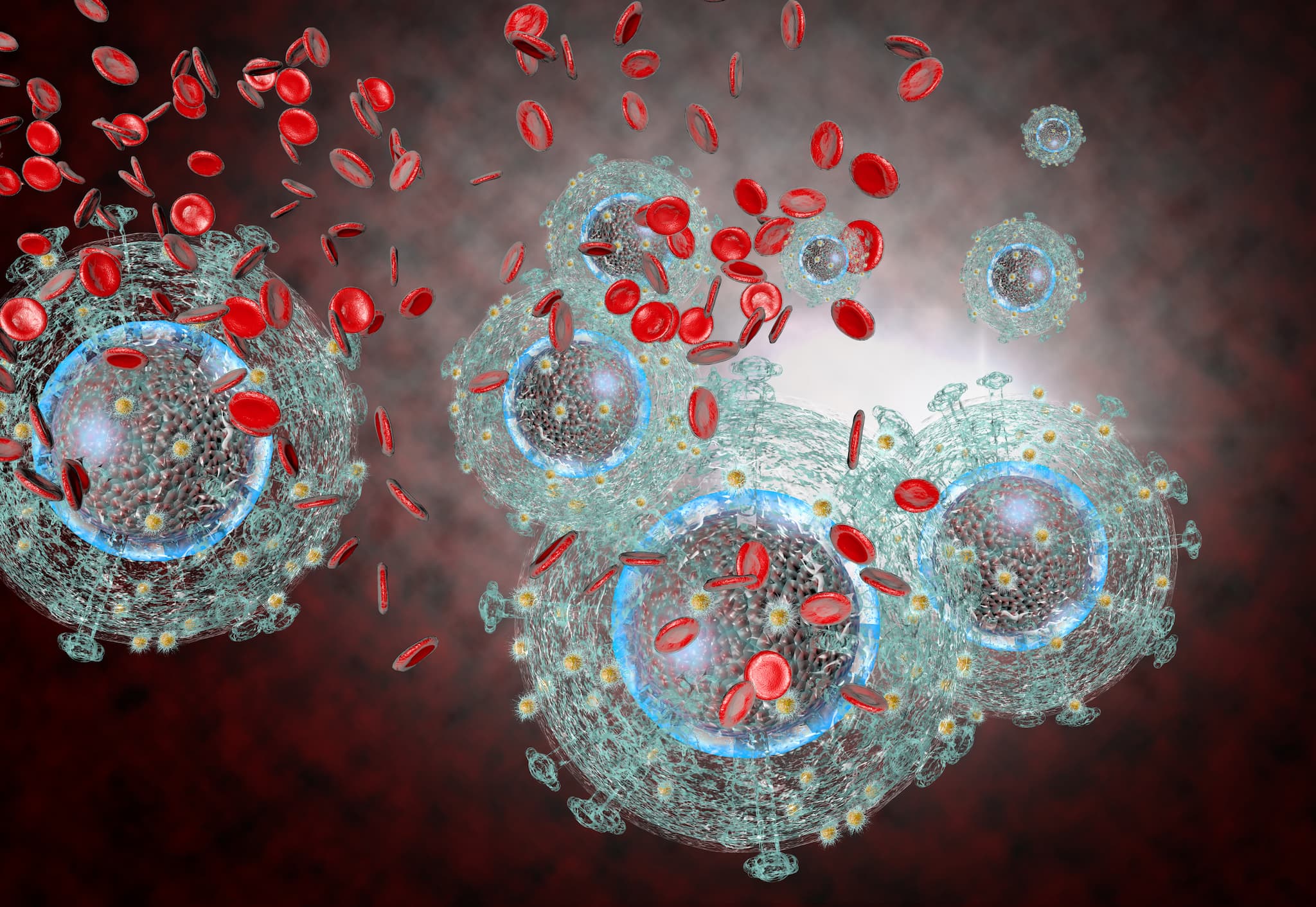Dropping the curtain
Humanity has been struggling with HIV for over five decades now. The long and arduous fight against the deadly virus reached an important milestone when HIV was no longer considered a terminal illness just last year. This year, we may be close to finally pulling the plug on the pandemic that is HIV.
A human trial period for the vaccine, known as HVTN 702, started this November for 5,400 sexually active South African men and women between the ages of 18 and 35. The trials will run over a period of 24 to 36 months. HVTN 702 is a modified version of a previously tested vaccine called RV144, with a number of improvements tailoring it to target an HIV strain common in South Africa.
"If deployed alongside our current armory of proven HIV prevention tools, a safe and effective vaccine could be the final nail in the coffin for HIV,” said trial co-founder Anthony S. Fauci, National Institute of Allergy and Infectious Diseases (NIAID) director.
The good fight
HIV/Aids directly affects roughly 36.7 million worldwide and kills over 1 million each year. In Africa alone, HIV infects more than 1,000 people every day. "HIV has taken a devastating toll in South Africa, but now we begin a scientific exploration that could hold great promise for our country," said Glenda Gray, president of the South African Medical Research Council.
The researchers expect to get the results of the study by late 2020. For now, people are hopeful. HVTN 702, developed by Sanofi Pasteur and GlaxoSmithKlein, is only the seventh vaccine to be subjected to a full-scale human trial. But overall, HIV research has seen considerable progress.
There are other HIV prevention programs currently active in South Africa sponsored by NIAID, such as the AMP Program, which is testing antibody-based treatment. The HVTN 702 trials will contribute to past data gathered from previous human testing. As Gray said: "If an HIV vaccine were found to work in South Africa, it could dramatically alter the course of the pandemic."
Share This Article
